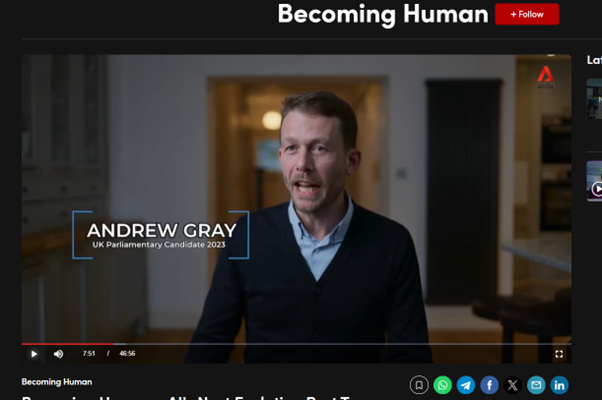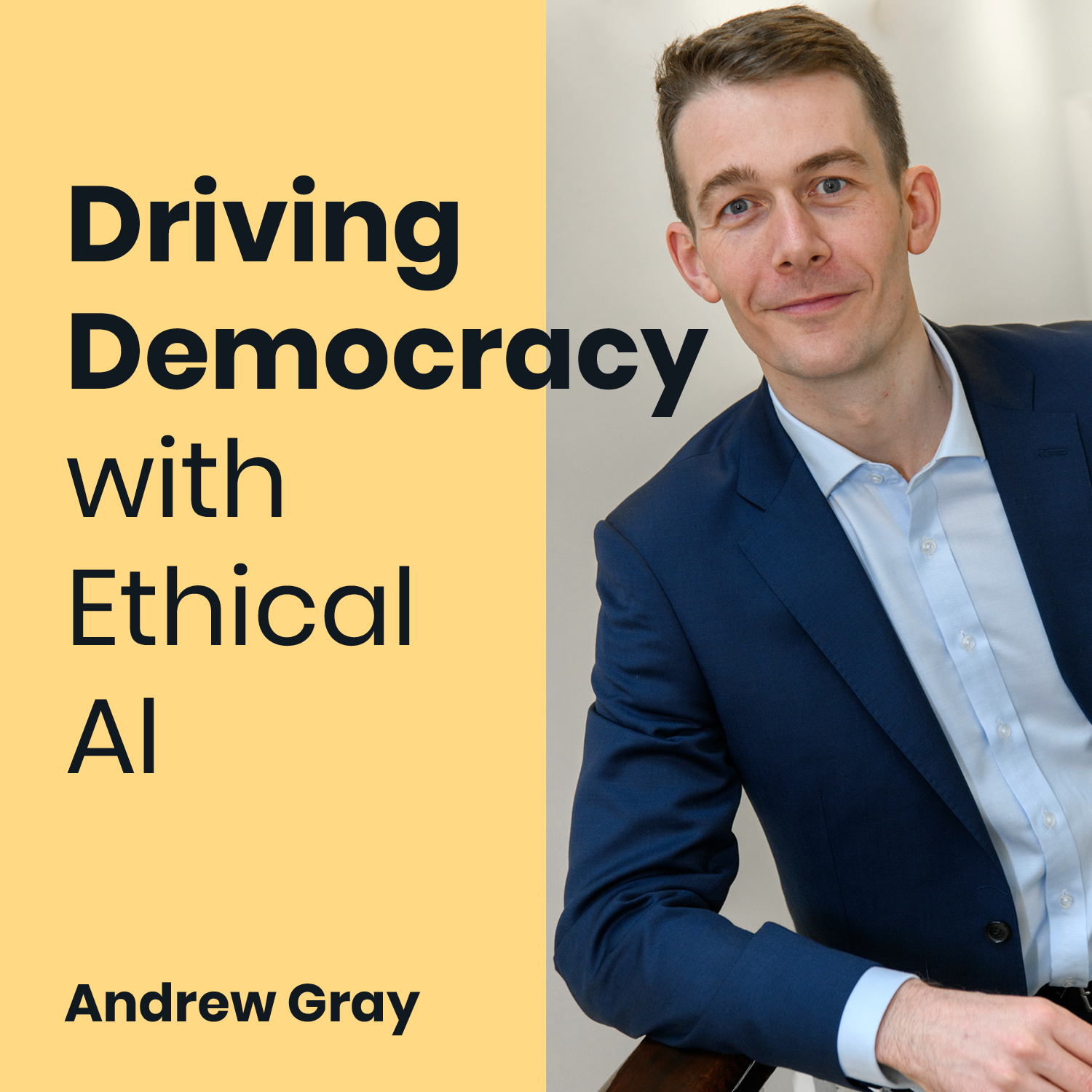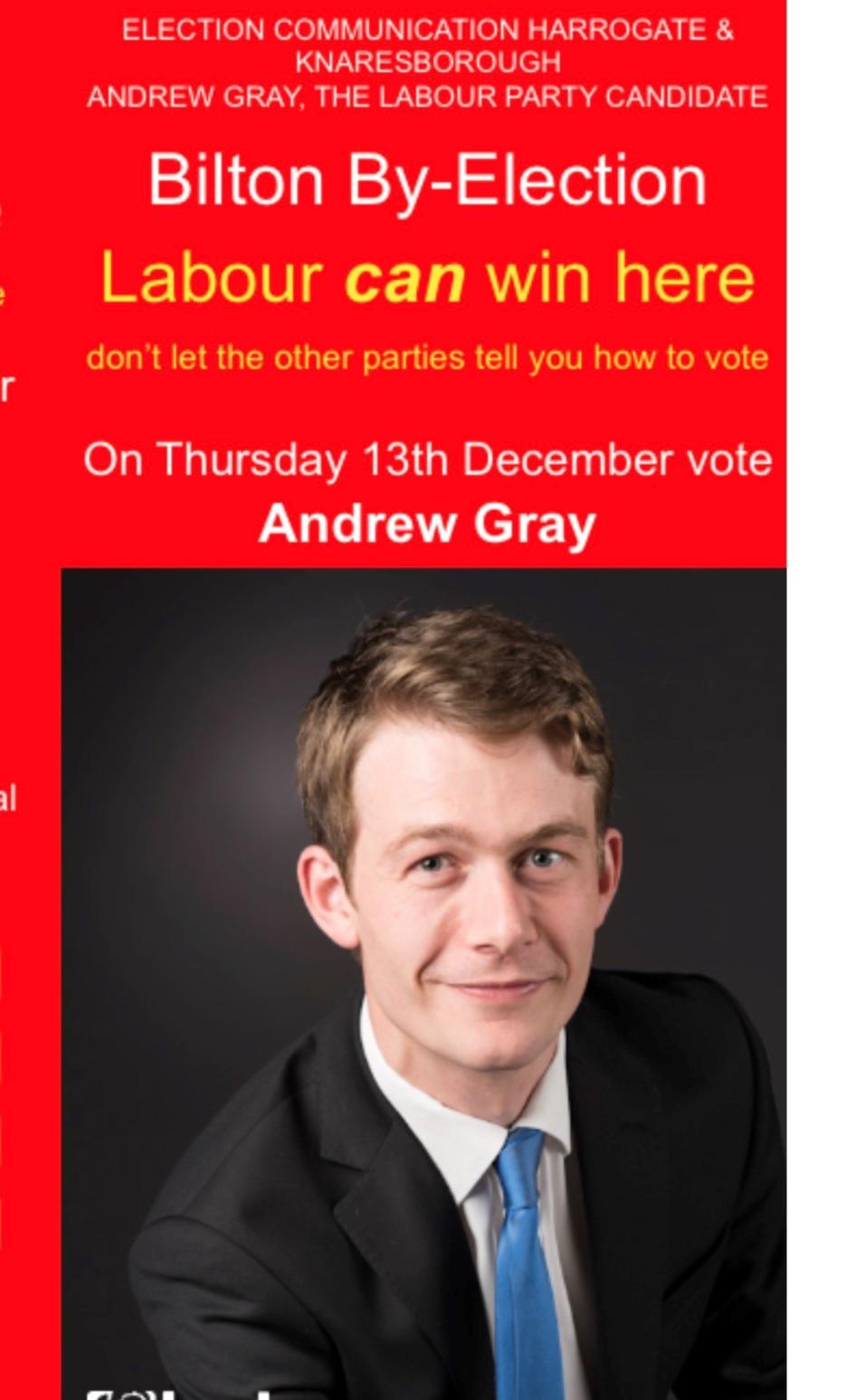-
On the Budget from Dumb and Dumber
As I highlighted in my penultimate blog, Truss is an ideologue. She doesn’t hide it. Her recent budget was a piece of work: never has a new Prime Minister committed political suicide so quickly. I will, though, defend Truss to some extent.
During the unfathomably and unforgivable leadership campaign, during which we had no functioning Government, despite being mired in crisis, and with Reckless Boris taking two holidays – holidays he could have taken following his jettisoning from office – few people would have noticed that Truss said in an interview that the ideological, swingeing cuts to the State between 2010-2015 carried out by – until this week – the worst Chancellor in British history – George Osbourne – went too far. That is an understatement, but she was right. Those cuts triggered a double-dip recession, a rarity in post-war Britain, because they damaged confidence in the economy (as well as diminishing the State’s massive spending power). I shall award half marks to Truss for understanding half of the lesson from that period and having the guts to say so.
For me, campaigning against those wicked cuts in or around 2010 remains something that I am proud of (though I might have gone too far by making our baby deliver leaflets in the winter).


To her credit, Truss understands that economics – and I studied it – is no science. Truss knows that modern economies, particularly ones built on the service sector and the housing market, react to psychological factors, more than anything else. Hence her misjudged budget of boosterism on steroids.
This was not the time for financial imprudence, as Sunak kept telling the Tory members, but they didn’t listen. Cuts to taxes, particularly to stamp duty, with the hope that this will stimulate our economy, would always be counterproductive if the independent Bank of England had to rapidly increase interest rates to stave-off a run on the pound. This last week has wreaked havoc to the nation’s economic psychology and guarantees an end to Tory rule, with Labour enjoying a massive poll lead, even though they have nothing to say.
Although flawed and damaged goods, at least it was Truss who had to handle the Queen’s passing. My guess is that Reckless Boris’s tenure embarrassed the Queen. It remains fascinating and more than coincidental that she died so quickly after the ejection of Reckless Boris. Classy to the end.
-
On Dealing With Putins
Having litigated for 17 years, I have learned a thing or two about disputes, particularly about the psychology of a dispute. One memorable and nasty piece of litigation I was involved with, reminds me of the situation facing Ukraine today.
In my case, the Defendant had all the appearances of a smart, sophisticated and logical opponent, but they then made decisions which dumfounded my colleagues and me. As a litigator, we are taught to put ourselves in the position of our opponents, in order to second-guess what moves they will make. In this case, our opponent made illogical and self-defeating moves. Rather than emboldening us, we were left – and still remain – bamboozled. Settlement followed due to the erratic nature of our opponent, despite the weakness of their position. The litigation was hellish but as Robert Louis Stephenson once said: “Compromise is the best and cheapest lawyer.”
Litigation is a form of war – war in a legal context, and with some rules, which are zealously enforced. War, on the contrary, is not really bound by any enforceable law. My view is that the situation for Ukraine is, sadly, unwinnable. The threat of nuclear escalation is real: what might deter a tactical nuclear strike is the prevailing wind. Of course, Russia isn’t going away any time soon and any successor to Putin might be more competent as well as being equally determined to seize Ukrainian land. In international affairs, bullies with nuclear weapons succeed – that is realpolitik.
Absent any new world policeman – which of course is prevented due to the Russian veto on the Security Council – a rapid settlement is urgently needed. Although I have seen not one single report of recent settlement talks, the only signal of a possible settlement is the Truss-Kwarteng budget. If peace is declared, the real – and psychological – world-wide boost, will promote financial growth internationally. In that case, the Truss-Kwartang budget was clever, but premature. (For clarification, absent an immediate ceasefire, the budget was lunacy.)
-
On Doing Business Deals
From my experience as a lawyer and an entrepreneur, I can tell you that exchanges of emails, or letters, is the worst way of negotiating business deals. If you can, do it in person, when everyone has eaten and had enough sleep. The written word can be poison. The same word spoken always lands more gently and is therefore more conducive to finding agreement.
-
Thoughts on the Queen
By far the most interesting analysis I have seen on the passing of the Queen was from Professor of Psychology, Jordan Peterson, here. Peterson was delivering a live Q & A when the news of the Queen’s death landed, so he had to think on his feet. To cut a 14-minute monologue short, Peterson’s key point is that the alternative to a constitutional monarchy is an elected Head of State. Peterson said that most people cannot handle the fame of being Head of State, pointing to Donald Trump, who acted like a Tzar. To have one family, albeit a financially hyper-privileged family, carrying the burden of fame and constitutional power, solves many of a nation’s difficulties. I don’t like the idea of a monarchy, but perhaps the alternative is worse.
Peterson’s second point is that there is wisdom baked into our monarchical system. He said that the Queen was able to intimidate the 14 Prime Ministers who served under her – and listening to former PMs talk about her, it seems that Peterson was onto something.
Would I want to live with a President Johnson? No. Would I like to live in a country with an elected President in addition to a Prime Minister? Probably not. Who is the President of Germany? Exactly. On the countless times that this nation was embarrassed internationally by Reckless Boris and now by Truss, at least these two were not our only figureheads.
But would I bow to a Queen or a King? Never. Would you? I should add that I pity the royal family: just imagine having your relative’s funeral televised for billions to see. No thank you very much.
-
Magic Mushrooms and Philosophy
Someone recently told me of the psychedelic effects of eating the “right” type of mushrooms – mushrooms which grow throughout Yorkshire. For clarity, I don’t support, nor recommend, such actions: it seems dangerous to me, as well as being illegal. The description of the mind-altering “qualities” reminded me of my recent experience of Nietzsche’s key findings (I know this sounds pretentious.)
But I challenge any reader not to be thrown by Nietzsche’s ideas, particularly that of nihilism. Nothing clears my mind better than a batch of Nietzsche – the YouTube videos do a superb job of summarising his work, as his writings are, for me, mostly impenetrable. This quotes sums up his work for me:
“You have your way. I have my way. As for the right way, the correct way, and the only way, it does not exist.”
Meditate on that if you will: imagine that there is no right way – no right way, of anything, of being, of thinking! All value structures fall away: now that is mind-altering!
-
On Onshore Wind
Over the last few months, I have become increasingly interested in onshore wind. With the country facing an energy crisis (years in the making), we must remember that it was Cameron’s Government which made onshore wind virtually impossible, due to their draconian planning regs. This point was hammered home by opposition MPs during the recent House of Commons fracking debate.
But what was most interesting about the debate on fracking is that – not once – did Jacob Rees Mogg let on that anything would change in relation to onshore wind, despite the barracking he was taking. Then, the next morning, without fanfare, his department declared that they would permit onshore wind. You couldn’t make it up. At last, commonsense has prevailed.
-
On Inflation and Crypto
Where has all this inflation come from, people are asking. Simple: although I have seen wildly different figures, between 40-80% of all dollars in circulation in the world – remembering that dollars are the world’s reserve currency – were printed since Covid. Digest that fact.
This printing of money, deployed by most countries in the world, is the main factor behind inflation. High inflation is no surprise. If there is an iron law in economics, then is it that the printing of money will eventually lead to inflation. And when there is inflation, coupled with low interest rates, there is no point putting money in a bank account, hence why people buy assets, which then inflate prices. High inflation post-Covid was obvious.
As an owner – and an advocate – of crypto currencies, my view is that crypto or other digital currencies soon to be deployed by governments, stand to gain significantly from global high inflation. So far, this hasn’t occurred. On the contrary, crypto is down this last 6 months, due to the strength of the dollar, because, in tough times, people buy dollars. But give crypto time.
If inflation remains a global issue, which I suspect that it will, particularly if Ukraine and Russia settle, my ignorant recommendation is to have a portfolio of crypto assets, if only £10 here and there, just to get a feel for how it works.









